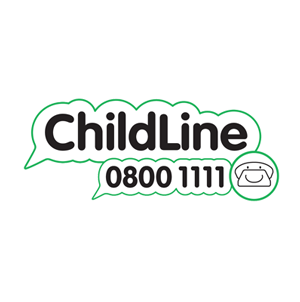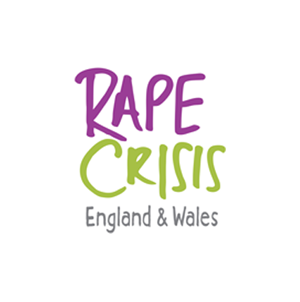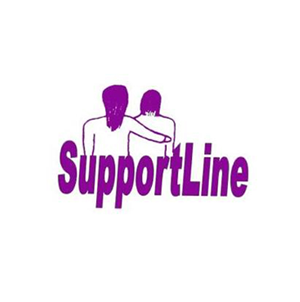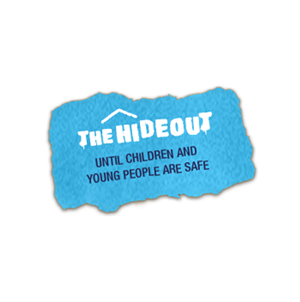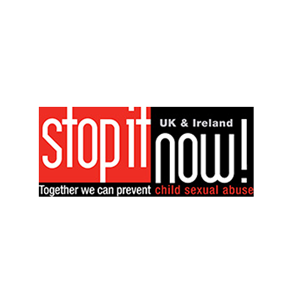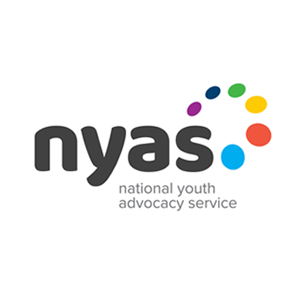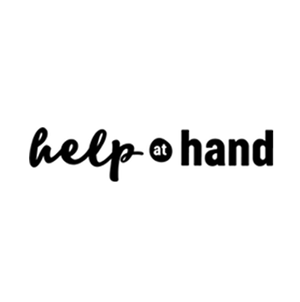A quick guide for young people receiving support
Abuse or neglect of a child or young person is very serious and against the law.
If this has happened to you, it is really important you get the help and support you need. A guideline has been developed by NICE for people who work with children and young people to make sure they listen to your wishes and feelings and give you the best possible support.
This quick guide will help you understand what support you should expect.
Every child has the right to feel safe and have a happy childhood.
What is child abuse and neglect?
Child abuse
Anything that someone does to cause harm to a child or young person.
It can include:
Physical abuse
- hitting
- punching
- burning
- kicking
- using weapons.
Sexual abuse
- forcing you to have sex
- touching you or making you touch them.
This type of abuse can also happen online and includes making you watch pornography or forcing you to send intimate pictures.
Emotional abuse
- making you feel scared, worthless or unloved
- ignoring you
- controlling who you spend time with or where you go
- constantly checking where you are or who you are with.
Neglect
The ongoing failure to care properly for a child, for example not providing enough food, clothes or a safe place to live, or not getting medical care for you when you need it.
It is also about a lack of love, care or attention.
What does the guideline say?
The guideline helps people who work with young people understand how best to support you if you have been abused or neglected. This could be talking about what has happened or taking action to help you feel safe.
People working with children and young people should:
- Involve you in decisions about your life – your opinion should be
taken into account. - Tell you how to contact them, including out of hours, and check how you want them to contact you.
- Find the right way to communicate – it’s ok to ask if you don’t understand something.
- Work with other organisations to make sure you don’t need to keep re-telling your story to different professionals.
- Explain about confidentiality – when they may have to share information, what they will share and who with.
- Write down, in your words, what you have talked about and get you to sign it – if you disagree with what they say, this should be written down too.
- Ask permission if they need to touch you (for example, to examine you) and explain what they are going to do.
- Help your parents and carers.
- Give you a choice of different therapies and support.
- Share any reports and plans with you.
How you may feel
Not everyone is affected in the same way but abuse can change your feelings and behaviour in the following ways:

Being afraid.
Crying a lot.
Feeling very angry.
Not feeling like talking.
Wanting to keep control.
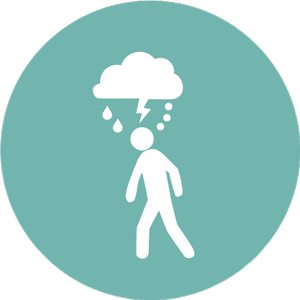
Feeling suicidal.
Other signs could include:
- eating disorders or using drugs or alcohol
- being dirty or not having enough clothes or food
- hurting yourself
- nightmares
- being very affectionate with strangers
- running away.
Remember that what happened was not your fault.
A young person's story
Things were hard at home for a long time. I remember being scared all the time, and then I just kind of started to feel numb to everything. I skipped school, hung around with mates who were a bit older than me, anything to avoid being at home.
We had different social workers coming round over the years. I did not want to talk to them. What could they do? Would they even believe me? But there was this one woman who did not give up. She actually talked to me and did not treat me like a useless kid. She did not push me, we went step by step on my terms. She showed that she really cared, and she gave me different options – for the first time I actually felt like there could be some hope, that life did not have to always be like this.
She found help for my mum and little brother too. They go to a group to help them talk about what happened when my dad lived with us. And she spoke to my teachers so they understood why I was acting like I was. I do really want to learn, I just did not think I was worth bothering about. But now I know I am.
Abuse can make you feel helpless and as though you are totally under the control of another person. It’s really important that any help or support does not take even more control away from you, but empowers you and helps you to make choices as well as helping other people to understand what you have been through."
What do I do now?
If you are finding it difficult to get support, you could get in touch with organisations like National Youth Advocacy Service, or Help at Hand. They can make sure your views, feelings and wishes are heard and taken seriously, and help you get the services you are entitled to.
Who else could help me?
If you need help you can speak to an adult you trust. It may be a doctor, keyworker, teacher, social worker – and they should follow this guideline. There are also lots of organisations who specialise in helping children and young people affected by abuse and neglect.
Here are some that you can speak to confidentially:
About this quick guide
Our voices are important.
This guide has been written by young people who have all experienced abuse or neglect. 15 young people from around the country were supported by AVA to help develop the NICE guideline on child abuse and neglect. They did this by talking about their experiences of seeking help and support, including sharing the challenges they faced as well as what worked well.
When the guideline was finished, they wanted to write a quick guide to help other young people find out what support they are entitled to. Two groups of young people worked with AVA again to design this guide, including agreeing which messages from the NICE guideline were most important to highlight.
They hope it will help others in similar situations get the help and support they need and deserve, and urge practitioners to share it with the young people they meet.
You don’t have to live in silence, feel trapped or be alone any more.
Organisations supporting the young people involved in developing this quick guide:
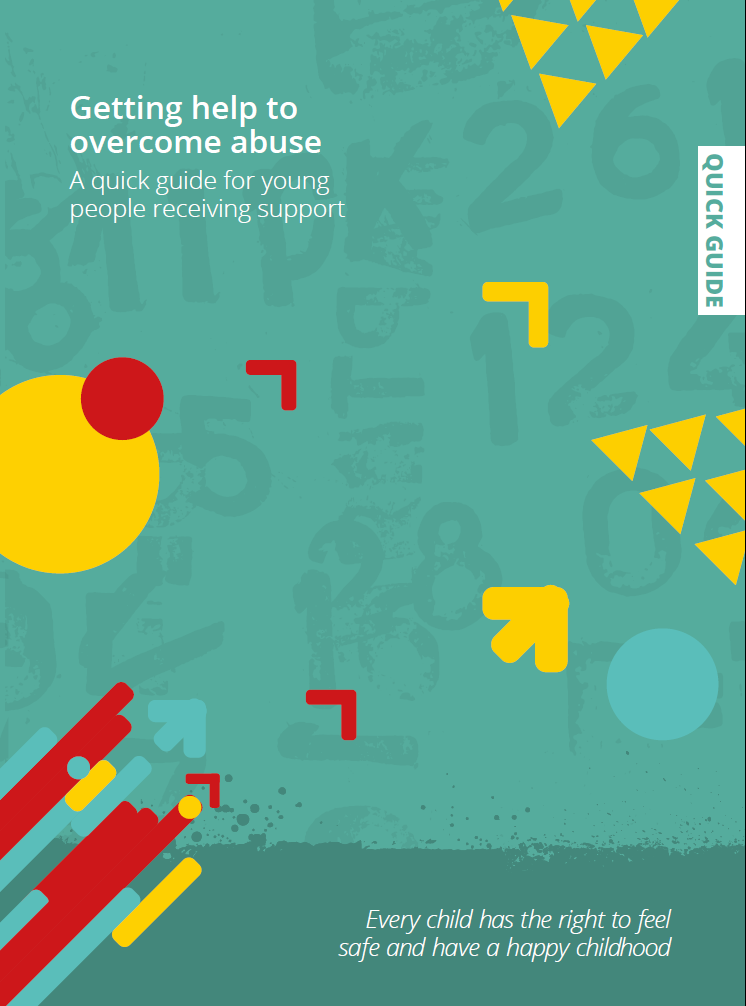
Download this guide
We've created a copy of this guide that you can print and share:
This content has been co-produced by NICE and the Social Care Institute for Excellence (SCIE). It is based on NICE’s guideline on child abuse and neglect.
